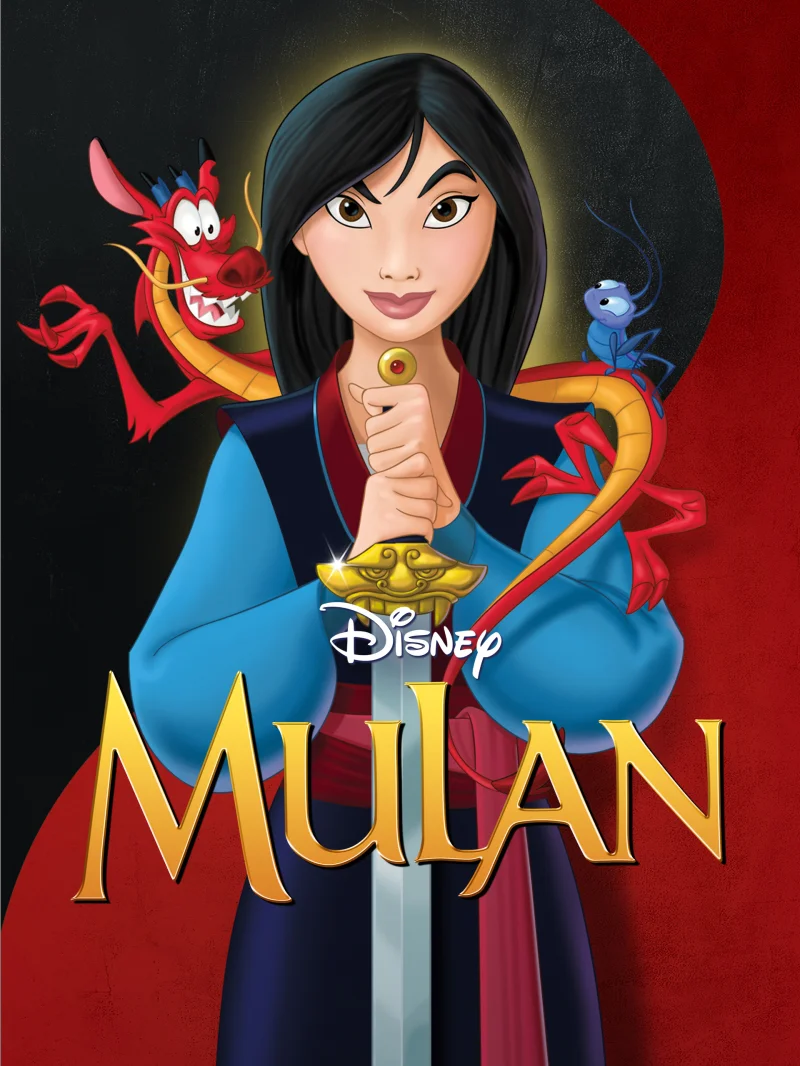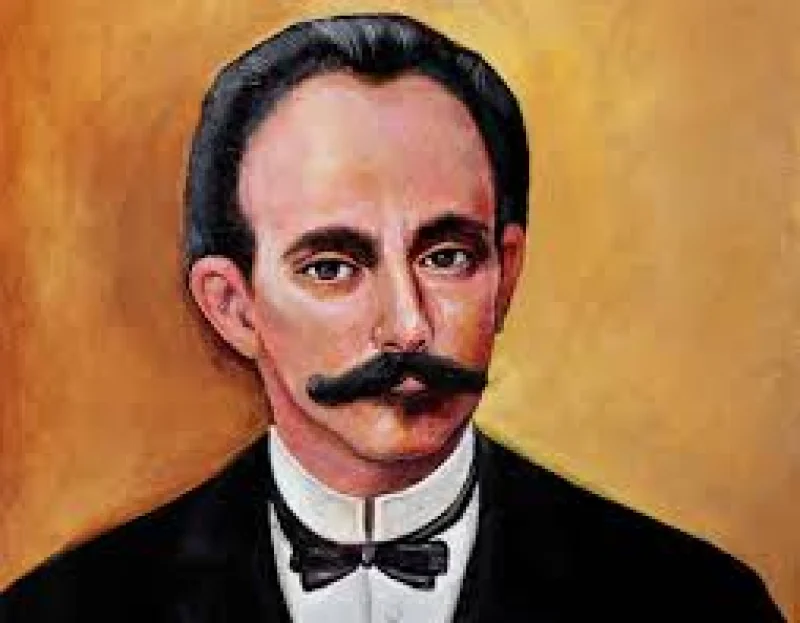Short Summary
Adolf Hitler was a German political leader who became the dictator of Nazi Germany from 1933 to 1945. He is infamous for initiating World War II and orchestrating the Holocaust, which led to the deaths of six million Jews and millions of others considered undesirable by the Nazi regime. His aggressive expansionist policies and totalitarian ideology left a profound and devastating impact on the world.
Early Life & Education
Hitler was born on April 20, 1889, in Braunau am Inn, Austria-Hungary. He was the fourth of six children born to Alois Hitler and Klara Pölzl. His early life was marked by a troubled relationship with his authoritarian father and the death of several siblings. He attended several schools and showed an early interest in art but dropped out at age 16. After his father's death, he moved to Vienna, where he unsuccessfully applied to the Academy of Fine Arts. His formative years were influenced by nationalist and anti-Semitic ideas that were prevalent in Vienna at the time.
Career Highlights
Hitler's political career began in the aftermath of World War I when he joined the German Workers' Party in 1919, later renamed the National Socialist German Workers' Party (Nazi Party). By 1921, he became its leader. His failed coup attempt in 1923, known as the Beer Hall Putsch, led to his imprisonment, during which he wrote "Mein Kampf." Upon his release, he rebuilt the party and gained popular support. In 1933, he was appointed Chancellor of Germany, and by 1934, he established himself as Führer, consolidating power and transforming Germany into a totalitarian state.
Major Achievements
- - Became Chancellor of Germany in 1933, leading the country through significant political and social transformation.
- - Initiated World War II in 1939 by invading Poland, leading to global conflict.
- - Implemented policies that led to the Holocaust, resulting in the genocide of six million Jews.
Famous Quotes
- "If you want to shine like the sun, first you have to burn like it."
- "The victor will never be asked if he told the truth."
Interesting Facts
- Hitler was a vegetarian and was known for his teetotalism.
- He survived multiple assassination attempts during his time in power.
- He was named Time magazine's Man of the Year in 1938.
- Hitler was a talented orator, which helped him gain support for his political agenda.
- He had a deep fascination with architecture and urban planning.
Legacy / Influence
The legacy of Adolf Hitler is one of profound tragedy and destruction. His totalitarian regime and genocidal policies led to the deaths of millions and left a scar on human history. His actions resulted in the reevaluation of human rights, international law, and efforts to prevent future atrocities. The impact of his rule is still studied as a cautionary tale of the dangers of dictatorship and extremist ideologies.
FAQ
Q: Why is this person famous?
A: Because of his role as the dictator of Nazi Germany, initiating World War II, and orchestrating the Holocaust.
Q: What were his political beliefs?
A: He believed in nationalism, anti-Semitism, and Aryan supremacy, which shaped Nazi ideology.
Q: How did he rise to power?
A: Through political maneuvering, propaganda, and exploiting economic and social unrest in Germany.
Q: What is "Mein Kampf"?
A: It is a book written by him during his imprisonment, outlining his ideology and political plans.










